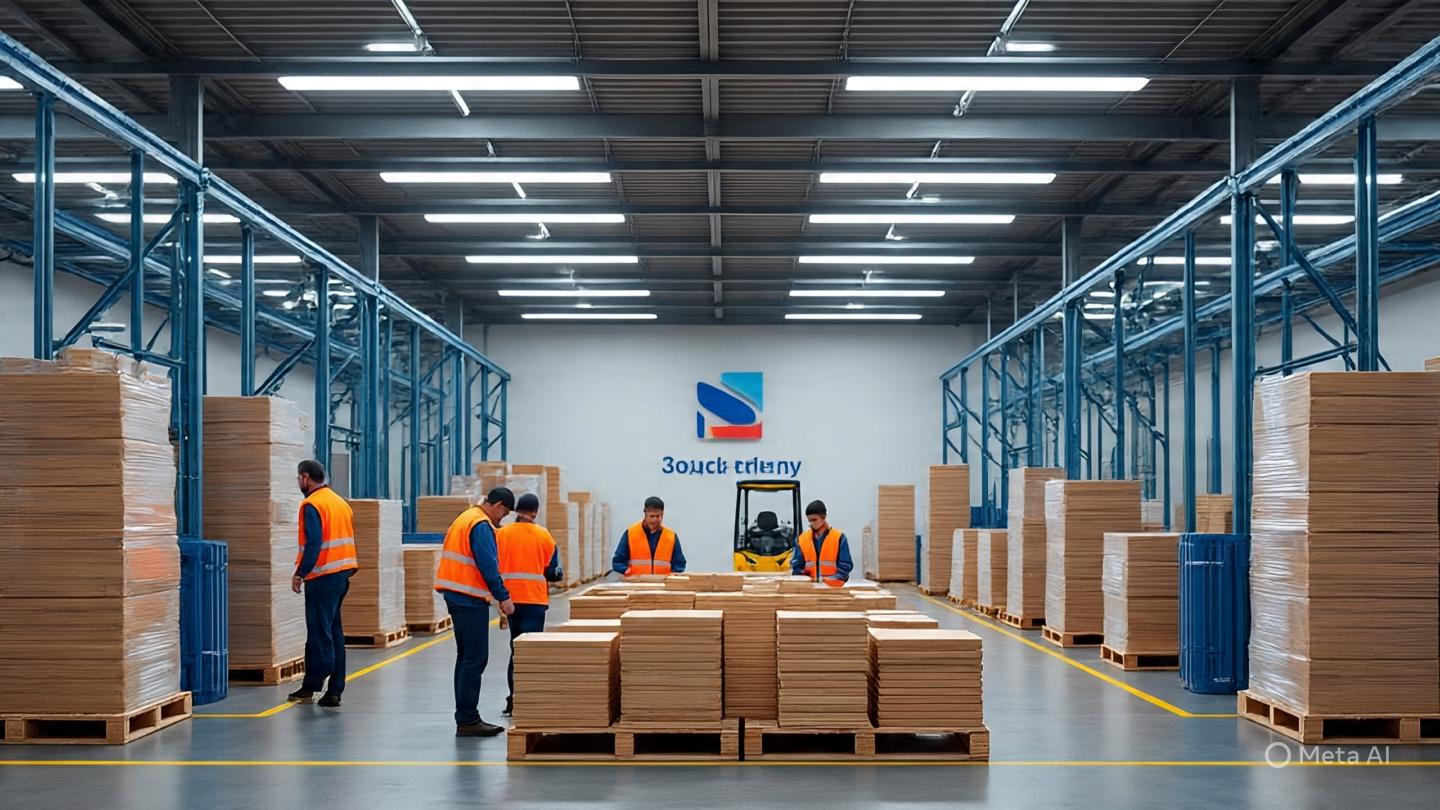Logistics Provider – How to Choose the Right Partner for Your Supply Chain Success

A logistics provider plays a crucial role in managing the movement, storage, and delivery of goods from the point of origin to the final customer. In today’s fast-paced business world, having the right logistics partner can make the difference between efficient operations and costly delays. Whether you operate in e-commerce, manufacturing, retail, or wholesale, the right logistics provider can help you optimize your supply chain, reduce costs, and improve customer satisfaction.
What Is a Logistics Provider?
A logistics provider is a company that offers services to handle one or more parts of the supply chain process, including:
-
Transportation – Moving goods via air, sea, rail, or road.
-
Warehousing – Safe storage of products until they are needed.
-
Order Fulfillment – Picking, packing, and delivering customer orders.
-
Freight Forwarding – Managing international shipments and customs.
-
Inventory Management – Tracking stock levels to avoid shortages or overstocking.
Depending on their capabilities, logistics providers may be classified as:
-
1PL (First-Party Logistics) – The business handles its own logistics.
-
2PL (Second-Party Logistics) – Companies offering only transportation services.
-
3PL (Third-Party Logistics) – Full-service providers managing multiple logistics functions.
-
4PL (Fourth-Party Logistics) – Strategic partners managing the entire supply chain.
Benefits of Partnering with a Professional Logistics Provider
1. Improved Efficiency
Logistics providers have specialized expertise and advanced technology to streamline operations.
2. Cost Reduction
By leveraging bulk shipping rates, optimized routes, and shared warehousing, they can lower overall logistics costs.
3. Faster Delivery Times
Strategically located warehouses allow for quicker order fulfillment and improved customer satisfaction.
4. Focus on Core Business
Outsourcing logistics frees you to concentrate on sales, marketing, and growth.
5. Global Reach
Many logistics providers have international networks, making global trade easier.
Key Services Offered by Logistics Providers
-
Freight Transportation – Air, ocean, trucking, and rail shipping solutions.
-
Warehousing & Distribution – Secure storage and efficient inventory handling.
-
Customs Brokerage – Handling import/export compliance.
-
Value-Added Services – Kitting, labeling, returns processing, and packaging.
-
Technology Integration – Real-time tracking and data analytics.
How to Choose the Right Logistics Provider
When evaluating potential partners, consider:
-
Industry Experience – Do they understand your sector’s requirements?
-
Technology Capabilities – Can they integrate with your systems?
-
Geographic Coverage – Do they have warehouses and transport routes where you need them?
-
Scalability – Can they handle peak seasons or expansion plans?
-
Customer Service – Is their support responsive and knowledgeable?
-
Pricing Transparency – Are costs clear and competitive?
Trends Shaping the Logistics Industry
-
Automation & Robotics – Streamlining order picking and packing.
-
Sustainable Logistics – Carbon-neutral shipping and green warehouses.
-
Data-Driven Decisions – Using AI and analytics for route optimization.
-
Same-Day Delivery Expectations – Driven by e-commerce growth.
-
Blockchain for Supply Chain Transparency – Enhancing trust and traceability.
Why a Strong Logistics Provider Partnership Matters
Your logistics provider acts as an extension of your business. A reliable partner ensures on-time deliveries, efficient returns management, and positive customer experiences—all of which directly impact your brand reputation and bottom line.
Conclusion
Choosing the right logistics provider is a strategic decision that can significantly enhance your supply chain performance. By focusing on reliability, scalability, technology, and customer service, you can partner with a provider that helps your business grow and compete globally.







